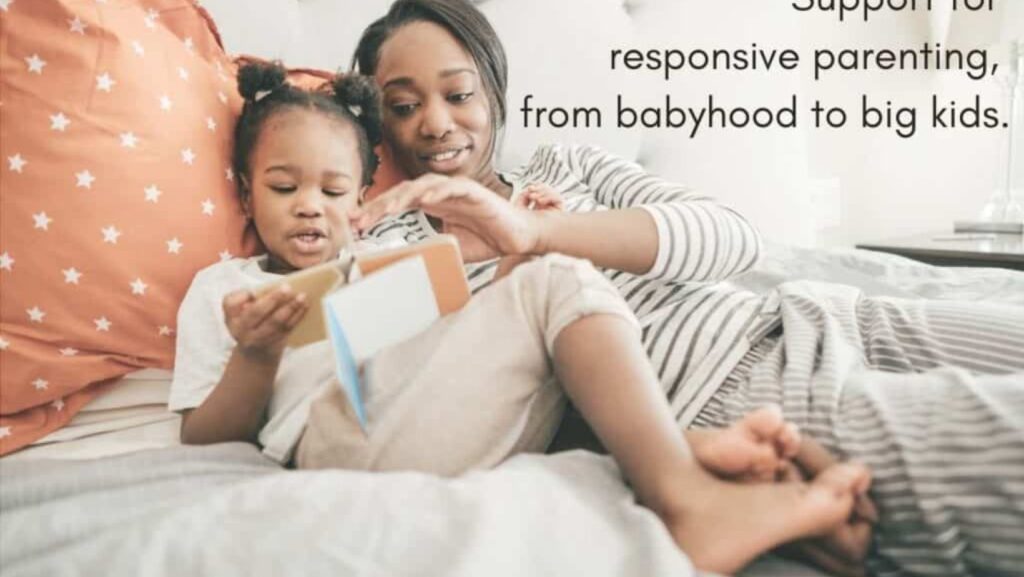Responsive Parenting
As an expert in parenting, I am excited to delve into the concept of responsive parenting. This approach emphasizes sensitivity and attentiveness to a child’s needs, fostering a strong emotional connection between parent and child. By promptly meeting a child’s needs, parents can promote secure attachment and healthy development.
Responsive parenting involves tuning into a child’s cues and signals, such as cries, facial expressions, and body language. It requires empathy and understanding to provide timely responses that validate the child’s emotions. This style of parenting helps children feel seen, heard, and supported, laying the foundation for positive self-esteem and emotional regulation.
Research has shown that responsive parenting can lead to enhanced brain development in children. By consistently responding to their needs with warmth and care, parents create a secure base from which children can explore the world confidently. The bond formed through responsive interactions sets the stage for healthy relationships later in life.

Understanding Responsive Parenting
When it comes to responsive parenting, it’s all about being attuned to your child’s needs and emotions. This approach focuses on building a strong connection between parent and child through active listening, empathy, and prompt responses. As a parent, I’ve found that practicing responsive parenting has helped foster a deeper bond with my children while promoting their emotional development.
Responsive parenting involves being present in the moment with your child, tuning into their cues, whether they are verbal or nonverbal. By acknowledging and responding sensitively to these cues, you show your child that their feelings are valid and important. For instance, when my toddler is upset over not getting a toy at the store, instead of dismissing his emotions, I validate his feelings by saying, “I see you’re disappointed. It’s okay to feel that way.”
Studies have shown that children who experience responsive parenting tend to have better emotional regulation skills and higher self-esteem. According to research by Dr. Diana Baumrind, a developmental psychologist known for her work on parenting styles, responsive parents create an environment where children feel secure and valued. This sense of security lays the foundation for healthy attachment bonds between parent and child.
In practice, responsive parenting may involve practices such as baby-wearing to promote closeness during infancy, engaging in play that follows the child’s lead to encourage autonomy and creativity, or setting consistent boundaries while remaining warm and nurturing. By balancing warmth with structure, responsive parents provide a secure base from which children can explore the world around them confidently.
By embracing responsive parenting, we empower our children to express themselves authentically while feeling supported and understood. It’s about fostering a relationship built on trust, respect, and open communication—a foundation that shapes not only their childhood experiences but also influences their social interactions and emotional well-being throughout life.

Benefits of Responsive Parenting
When it comes to responsive parenting, the benefits extend far beyond just the immediate reactions to a child’s needs. It lays the groundwork for fostering a strong parent-child bond built on trust and understanding. By being attuned to your child’s cues and signals, you create a supportive environment that promotes healthy emotional development.
One significant benefit of responsive parenting is enhanced communication. When parents consistently respond promptly and appropriately to their child’s expressions of feelings, whether positive or negative, it sets a precedent for open and honest communication. This fosters a sense of security in children, knowing that their emotions are acknowledged and validated.
Another advantage is emotional regulation. Through responsive parenting, children learn how to manage their emotions effectively because they feel secure in expressing them. This leads to better self-regulation skills later in life as they have experienced firsthand how emotions can be acknowledged and controlled in a supportive environment.
Moreover, building trust is a cornerstone of responsive parenting. Children who experience consistent responsiveness from their caregivers develop trust in themselves and others. This trust forms the basis for healthy relationships throughout their lives as they learn that their needs are valued and will be met with care and attention.

